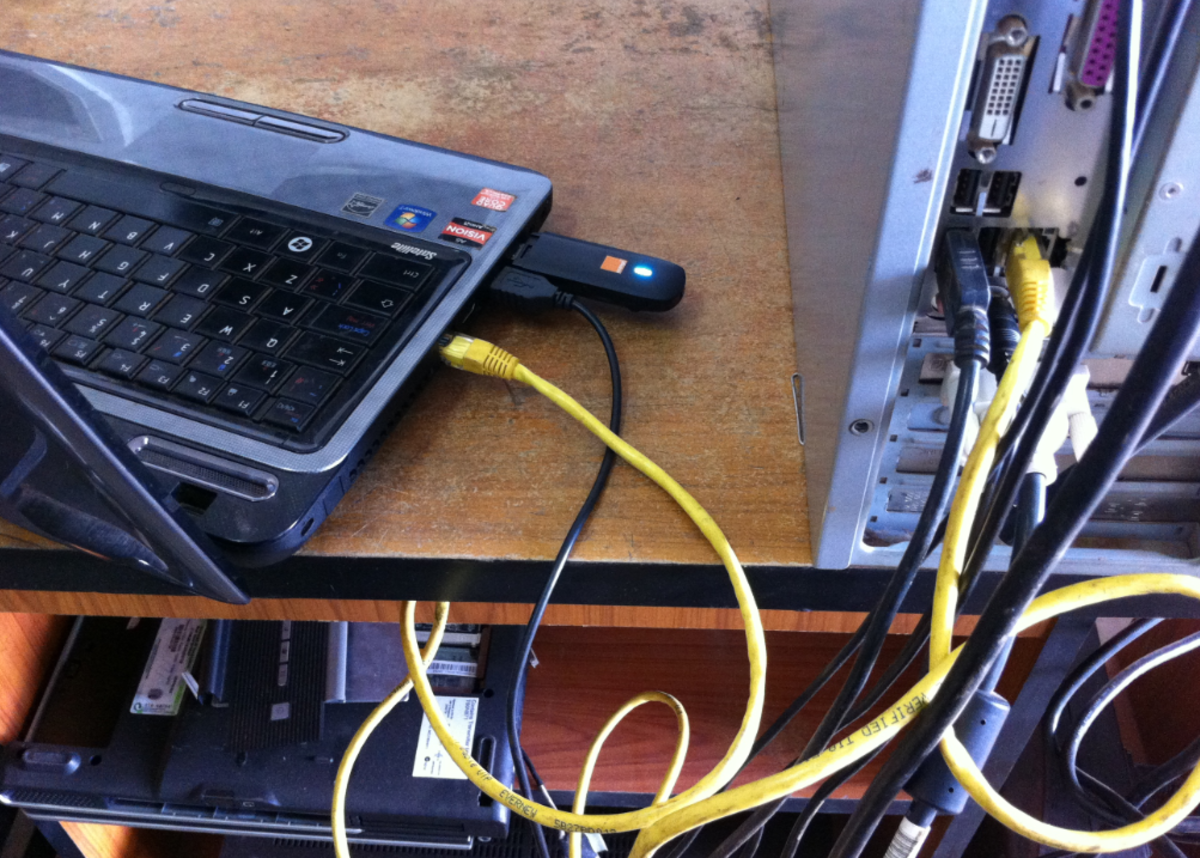The Human Brain, our living Computer
Brains as Computers
Our human brains are much like living computers. A computer is a machine that was made to store information, process information and communicate. Our brains do basically the same jobs.The formation of the brain is in four parts: the Cerebrum or cortex is the largest part and is associated with higher brain function. It is divided into four lobes: frontal, which is associated with: reasoning,planning,speech,movement, and emotions.as well as problem solving. the Parietal lobe, associated with movement,orientation,recognition and perception of stimuli. The occipital lobe is associated with visual processing and the Temporal lobe is for recognizing auditory stimuli, memory and speech. Like a computer, this lobe stores knowledge.
Next is the Cerebellum section of the brain which is associated with regulation of coordination and movement, posture and balance. The Limbic system is referred to as "The Emotional Brain". The Brain Stem is responsible for basic life functions as breathing,heart beat and blood pressure. The more information we gather by reading,watching documentaries, listening to music, and television, the more our brain stores up and we are able to retrieve at a later date as needed.
We are all walking, talking computers and our brains are subject to becoming overloaded just as our metallic and glass cousins. I have seen proof of young people who have had overloads because they have remained on computers and video games much too long. This actually causes interference with their brain's processing ability and may cause them difficulty in school and cause emotional problems as well. It is a known fact that the stress and lack of energy caused by lack of rest and proper sleep habits has been responsible for poor performance on the job by adults as well as kids in school. The brain must have at least eight hours of sleep to better function and the body's metabolic processes such as that which helps it to actually heal itself and retain needed enzymes. You might say that there is a kind of short circuit in our brains when we don't get proper rest and we should avoid too much electronic stressing put on the visual perception as well as the auditory reception or hearing of our fragile bodily functions. The use of cell phones has been studied a lot recently and there may be some relationship to cancer that may have been caused by chronic users. Electronic devices may well be wonderful forms of technology, but should not be used in excess. After all, we are human and not robots with parts of metal. We are made of flesh. Our cells and tissues were not created to withstand extreme pressures put on them by sound, vibrations and overloading information too rapidly presented to be assimilated by our human brains. The rapid light flashed before our eyes and their effects on our visual processing over- stressing our ocipitial lobes may cause a variety of adverse side effects in kids and grownups.
Our brains are like computers and this we have found out, yet we need to respect the fact that our mind and body must be given proper care and rest in order to function well. We are making new discoveries about our brains and the fact that we only use a small portion of them in our present development. It has been proved that some individuals actually use more of the regions of the brain than others. There has also been discovered that some people are left brained and others are more right brained in our bodily development, which may have a direct relationship to genetics or inherited abilities.Right brained users are found to be more creative in their thinking than left brained individuals. There has been noted brain function differing in male and female humans and experiments using male and female subjects to prove this.The chemical Dopamine is a neurotransmitter that is present in our brain and aids in mental and physical health. It is very much crucial in the brain's functioning and has been the subject of much study. It may well be an answer in helping to improve our immune systems and much more in future research and the ways to enhance its properties.The complexities of our brains are too numerous to fathom, and perhaps as we become more educated, we will discover what we have all been missing as far as being able to use our noodles in the future.








